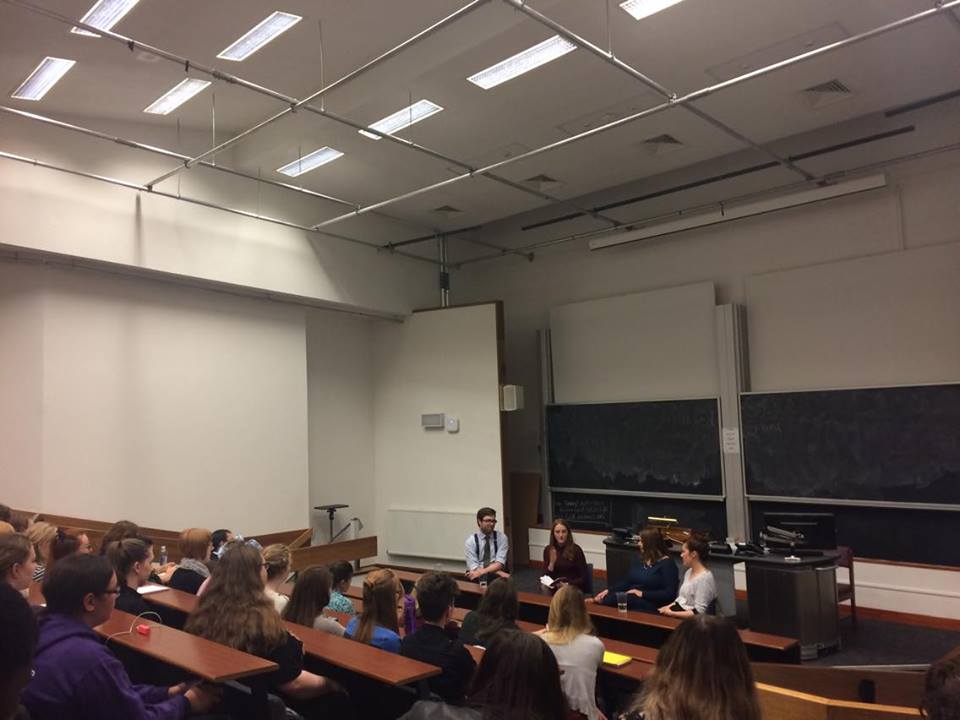Having been up since 3 in the morning and realising upon arrival in Glasgow Airport at 5 am that our flight wasn’t as early as we had thought, I was exhausted when I eventually landed in London and went straight to the Book Fair. With its glass roof and the energy from the thousands of people gathered there, Hammersmith Olympia was an overwhelming greenhouse full of tiny networking and rights selling ants. However, after a well-deserved coffee break and a Dairy Milk bar sponsored by Harper Collins, it was with renewed energy that I attended my first seminar of the Fair; Unearth Your Inner Editor by Cornerstones founder Helen Corner-Bryant.
Cornerstones is a literary consultancy which offers editorial services to authors hoping to get published. Authors send them their manuscript and Cornerstones edits and improves these manuscripts to the point where they will (hopefully) get picked up by a publisher or a literary agent. On a very practical level this means looking at:
- The structure and plot of a story – if this doesn’t work, Cornerstones and the author will go back to the drawing board together.
- Characters and their development – are all characters unique and relevant or could some be cut or merged?
- Dialogue vs description – dialogue brings the story to life in a way that description doesn’t. Helen Corner-Bryant was adamant that a good story puts the reader in the centre of events by using dialogue and an active voice rather than describing previous conversations and events.
- The three (or five) act graph – how are suspense and obstacles distributed throughout the story?
- Finally, and perhaps most important, is a story’s pace. To keep the reader reading, superfluous words, chapters or characters must be cut to make every word count. Secrets must be revealed slowly and not all at once to create and keep tension.
These all make up an editor’s tool kit.
Helen Corner-Bryant emphasised that, as editors, we should be directional but honour the author’s vision. If an author insists on keeping a character that you don’t see the point of, you must, in cooperation with the author, make this character work. She also made the point that if she skims over a paragraph she knows that something isn’t working. However, this can be difficult to communicate to the author as “I just got bored” isn’t very constructive. An editor must therefore rely on their instinct but always back up their argument with their editing tool kit. So, instead of communicating to the author that their paragraph just couldn’t keep your attention, back this up by saying that the pace was too slow or that there was too much passive description rather than active dialogue. This is constructive criticism and suggests ways to improve the paragraph.
Finally, Helen Corner-Bryant reminded us that if you read back over a draft and nothing is missing, you’ve made a good cut in the first draft. Every word should count.
by Amalie Andersen


